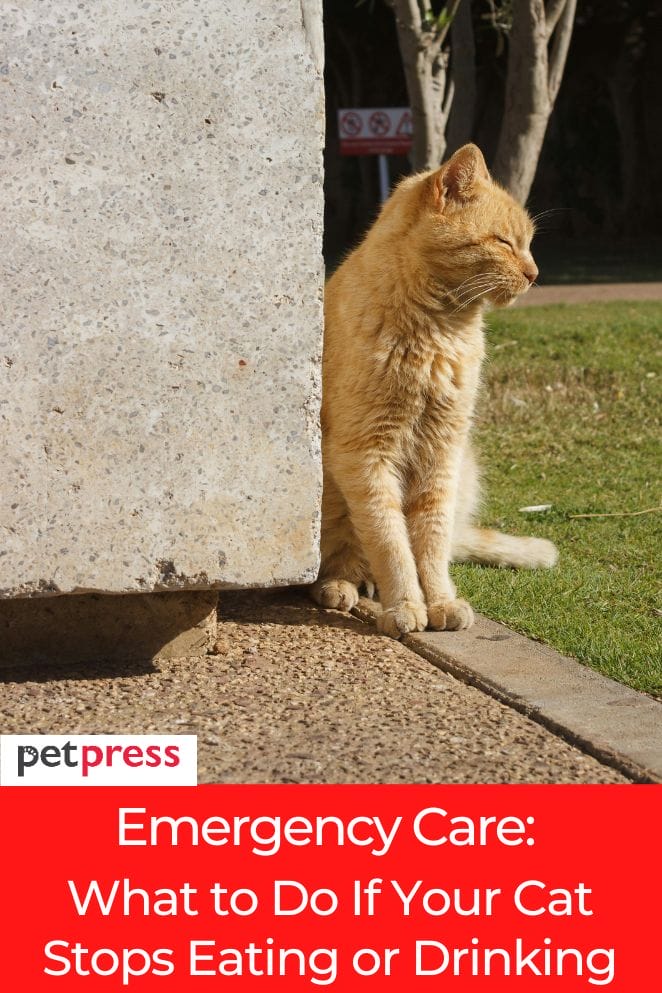
Cats are creatures of habit, and a sudden change in their eating or drinking behavior can be alarming.
While some cats are naturally finicky, a complete refusal to eat or drink often signals an underlying problem that needs attention.
In this article, we’ll explore the potential causes, what you can do to help your feline friend, and when it’s time to see a veterinarian.
Potential Causes of Loss of Appetite (Anorexia) and Decreased Water Intake in Cats
When your cat suddenly stops eating or drinking as much, it can be concerning.
There are several possible reasons why this might happen.
Medical reasons
Dental problems
Just like humans, cats can experience tooth pain or gum disease.
If your cat has a sore tooth or a gum infection, chewing can be painful, making it hard for them to eat.
If you notice your cat drooling, pawing at their mouth, or eating less, it could be due to dental issues.
Upper Respiratory Infections (URIs)
Cats can catch colds, just like us, and conditions like the feline herpes virus can cause them to lose their sense of smell.
When they can’t smell their food, they might not be interested in eating.
Cats with URIs might also have sneezing, nasal discharge, or watery eyes, which can further discourage them from eating.
Gastrointestinal issues
If your cat is dealing with stomach problems like vomiting, diarrhea, or discomfort from conditions like inflammatory bowel disease (IBD) or pancreatitis, their appetite might decrease.
Stomach issues often make food less appealing, and they may avoid eating to prevent feeling worse.
Kidney disease
Older cats are more likely to develop kidney disease, which can lead to nausea and a general lack of interest in food or water.
If your cat is drinking less and showing signs of lethargy, kidney problems could be the cause.
Liver disease
Liver issues, such as hepatic lipidosis (fatty liver disease), can also significantly affect your cat’s appetite.
This condition makes them feel weak and less likely to eat or drink, affecting their overall energy levels.
Cancer
Various types of cancer can cause a cat to lose their appetite.
The pain, fatigue, or side effects of cancer treatment can make food less desirable.
If your cat seems lethargic, has unexplained weight loss, or is avoiding meals, cancer could be a factor.
Other illnesses
There are other health conditions that could lead to changes in your cat’s eating and drinking habits, including infections, diabetes, and hyperthyroidism.
These conditions often need to be diagnosed and managed by a vet to ensure your cat gets the right treatment.
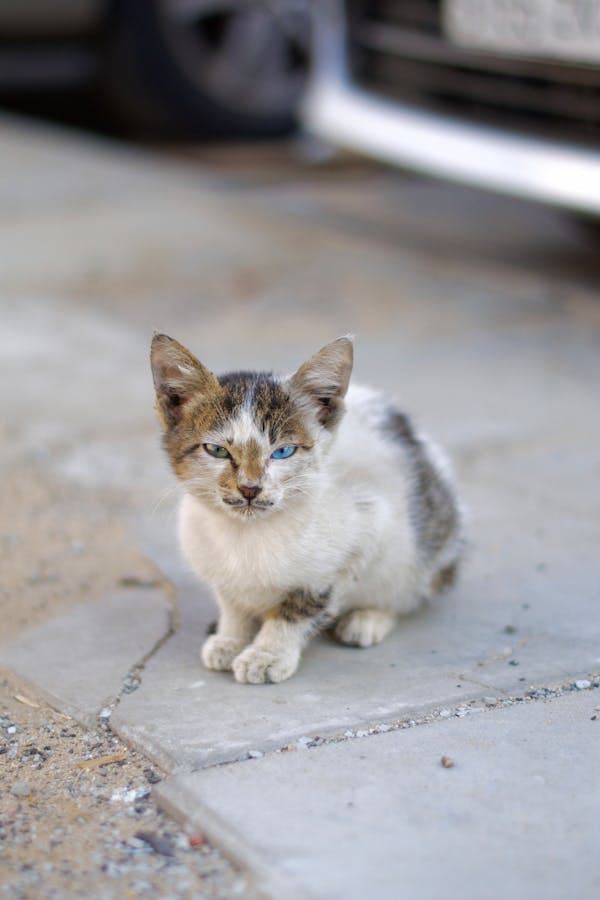
Non-Medical Reasons
Stress or anxiety
Cats are creatures of habit and can be very sensitive to changes in their environment.
If you’ve recently moved, introduced a new pet, or if there’s been loud noise or disruptions around the house, your cat could be feeling stressed.
Just like us, stress can affect their appetite.
Picky eating habits
Some cats are just naturally fussy eaters.
They may have a specific taste preference and might turn their nose up at food they find unappealing.
If you’ve noticed your cat rejecting certain meals, they could be being picky.
Changes in food
When you switch your cat’s food—whether it’s a new brand, flavor, or even a different type of food (like moving from dry to wet food)—it can disrupt their eating routine.
Cats can be sensitive to these changes and may refuse to eat if they’re not gradually introduced to the new food.
Recent vaccinations
After vaccinations, some cats may experience a temporary decrease in appetite.
This is usually a short-term side effect that resolves within a day or two.
If your cat is acting a bit off after getting their shots but isn’t showing signs of illness, a lack of appetite could just be a mild reaction that will pass shortly.
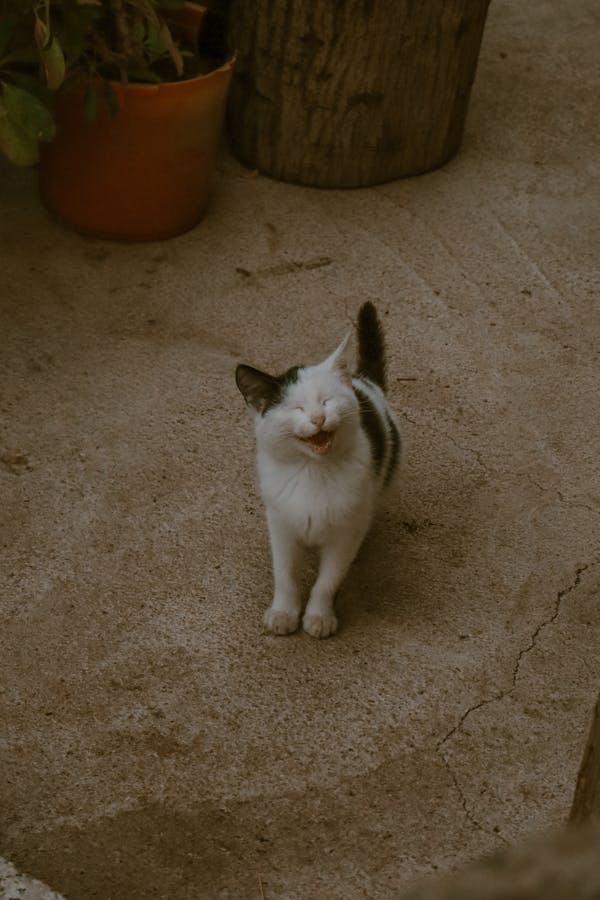
What to Do If Your Cat Stops Eating
If your cat suddenly stops eating, it can be concerning.
Here’s what you can do to help them, and when you should seek professional help.
Monitor and observe
How long has it been?
If your cat hasn’t eaten for more than 24-48 hours, it’s important to take action.
Cats can develop serious health issues, such as hepatic lipidosis (a liver condition) if they go without food for too long.
Look for other symptoms
Along with a loss of appetite, pay attention to any other signs of illness, like vomiting, diarrhea, lethargy, or your cat hiding more than usual.
Changes in litter box habits, such as not using it at all, can also be a red flag.
Check for obvious issues
Sometimes, cats stop eating because of dental pain.
Gently check your cat’s mouth for any signs of tooth problems, ulcers, or other discomforts.
If they flinch or show signs of pain when you examine their mouth, it might be worth scheduling a visit to the vet.
Encourage eating
Offer different foods
Try offering different types of food.
You can warm up their food slightly to release its aroma or offer something more enticing like wet food.
Some cats prefer different flavors or textures, so it’s worth experimenting to see what they like.
Hand-feeding
If your cat isn’t eating from their bowl, try offering small amounts of food directly from your hand.
This might entice them, as it can feel more personal and comforting for your cat.
Create a calm environment
Cats are sensitive to their surroundings.
Make sure the environment is quiet and relaxed during meal times.
Reduce distractions like loud noises or other pets that could cause stress while they eat.
When to see a veterinarian
Critical timeframe
If your cat hasn’t eaten for 24-48 hours, it’s essential to contact your vet.
Prolonged loss of appetite can lead to serious complications and requires immediate attention.
Presence of other symptoms
If your cat is showing other concerning symptoms, such as vomiting, diarrhea, or lethargy, along with the loss of appetite, it’s best to seek professional care right away.
Suspected dental problems
If you suspect that your cat has mouth pain or dental issues, make sure to schedule a dental check-up.
Dental problems are common in cats and can cause them to avoid eating.
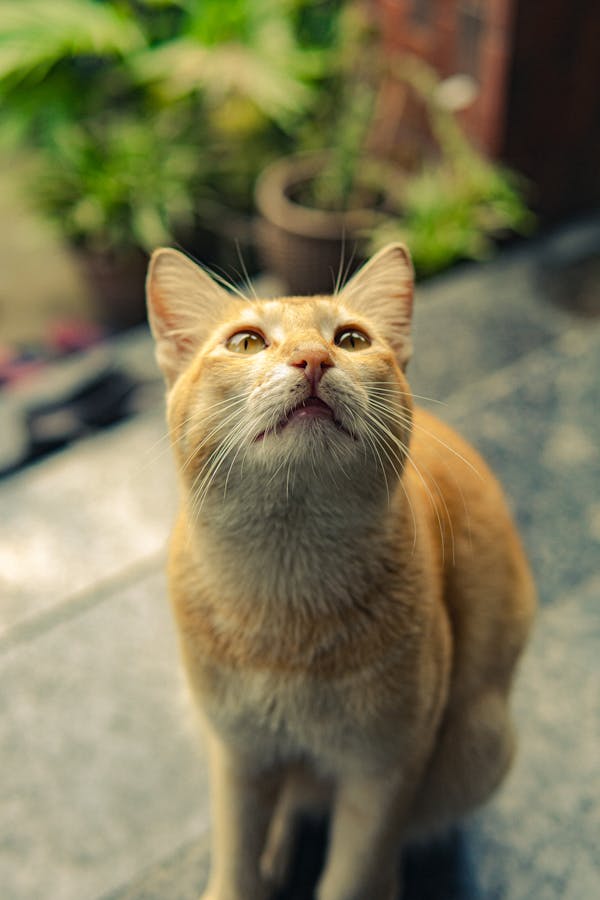
What to Do If Your Cat Stops Drinking
It’s concerning when a cat stops drinking water, as hydration is essential for their health.
Here’s how to approach the situation and when to seek professional help.
Monitor and observe
Check for dehydration
One of the first things to check is whether your cat is dehydrated.
Gently pinch the skin on the back of their neck.
If the skin doesn’t snap back quickly, your cat may be dehydrated, which is a serious condition that needs attention.
Check litter box habits
Keep an eye on your cat’s litter box.
If you notice they’re urinating less than usual or if the urine is darker, it could indicate they aren’t drinking enough water.
Encourage drinking
Fresh water
Make sure your cat always has access to fresh, clean water.
Cats are sometimes picky about the freshness of their water, so try changing it frequently throughout the day.
Different bowls
Cats can be particular about their bowls.
Try experimenting with different types, such as ceramic, stainless steel, or glass, to see if they prefer one over the others.
Running water
Many cats are more likely to drink water if it’s flowing.
Consider using a pet water fountain, or try leaving the tap running for a while to see if that encourages them to drink.
Wet food
Incorporating wet food into your cat’s diet is a great way to increase their water intake.
Wet food contains a lot of moisture, so it’s an easy way to keep your cat hydrated.
When to see a veterinarian
Suspected dehydration
If you suspect your cat is dehydrated, it’s important to act quickly.
Dehydration can lead to serious health issues and requires prompt veterinary attention.
No water intake for 24 hours
If your cat hasn’t drunk water for 24 hours, it’s time to consult your vet.
This can be a sign of an underlying health problem.
Other symptoms present
If your cat is also showing other concerning symptoms, like vomiting, lethargy, or changes in behavior, combined with a lack of water intake, seek immediate veterinary care.
Together, these symptoms could indicate a serious health issue.
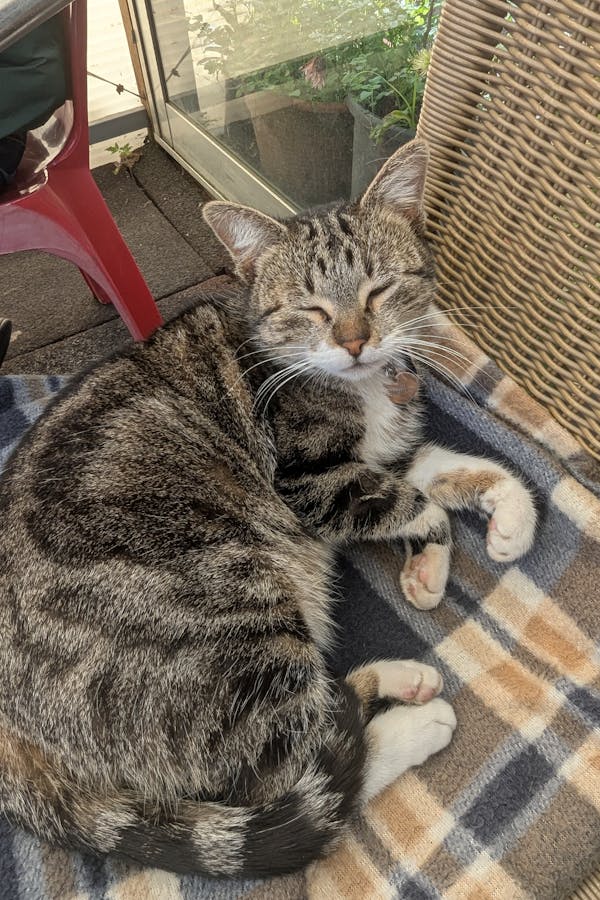
Prevention and General Care
Taking a proactive approach to your cat’s health can help prevent many issues and ensure they live a long, happy life.
Here are some important steps to keep in mind:
Regular veterinary checkups
Regular visits to the vet are essential for your cat’s well-being.
These checkups allow your vet to detect any health problems early before they become serious.
Early detection can save your cat from more severe complications and give you peace of mind.
Proper dental care
Just like us, cats need dental care.
Brushing your cat’s teeth regularly and scheduling professional cleanings can help prevent dental issues like gum disease or tooth decay.
Good dental hygiene is key to their overall health.
Stress reduction
Cats are sensitive to stress, and a stressful environment can lead to health problems, including a decrease in appetite and behavior changes.
Try to provide a stable and enriching environment for your cat, with plenty of toys, quiet spaces, and routines they can rely on.
The calmer their environment, the healthier they will be.
High-quality diet
Feeding your cat a high-quality, well-balanced diet is essential for maintaining their health.
Make sure to choose food appropriate for their age, size, and any health concerns they may have.
Proper nutrition supports their immune system, coat, energy levels, and overall well-being.
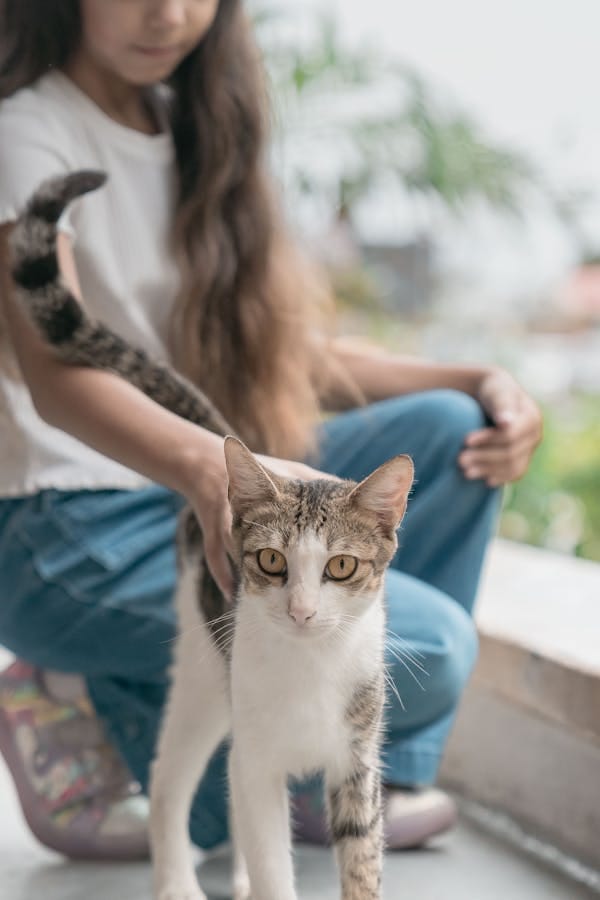
Final Thoughts
When your cat stops eating or drinking, it’s essential to act promptly.
While some causes are minor and temporary, others can be life-threatening if not addressed quickly.
Monitoring their behavior, encouraging healthy habits, and seeking veterinary care when necessary can ensure your furry friend stays happy and healthy.
FAQs
Cats can only go 24-48 hours without food before serious health issues, like hepatic lipidosis, arise.
Symptoms include reduced skin elasticity, dry gums, lethargy, and decreased urine output.
Contact your veterinarian immediately, as this could indicate a serious health issue.
Try warming their food, offering different flavors, or using wet food to entice them.
- Does Cat Litter Melt Ice? The Complete Guide to Winter Safety - January 30, 2026
- Happy Tail Dogs: Understanding This Common Canine Condition - January 29, 2026
- How Cold Can Outdoor Cats Handle? Feline Winter Safety - January 27, 2026


GIPHY App Key not set. Please check settings